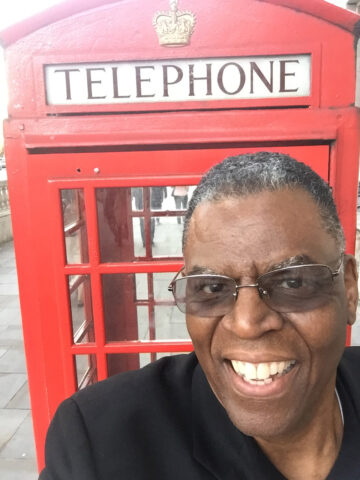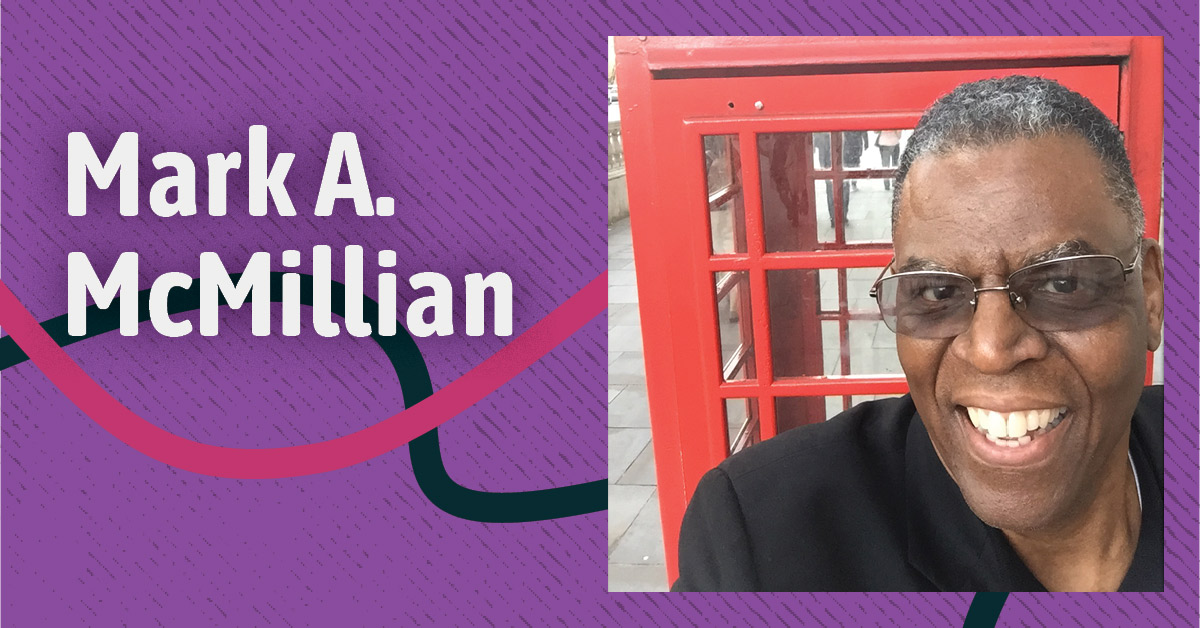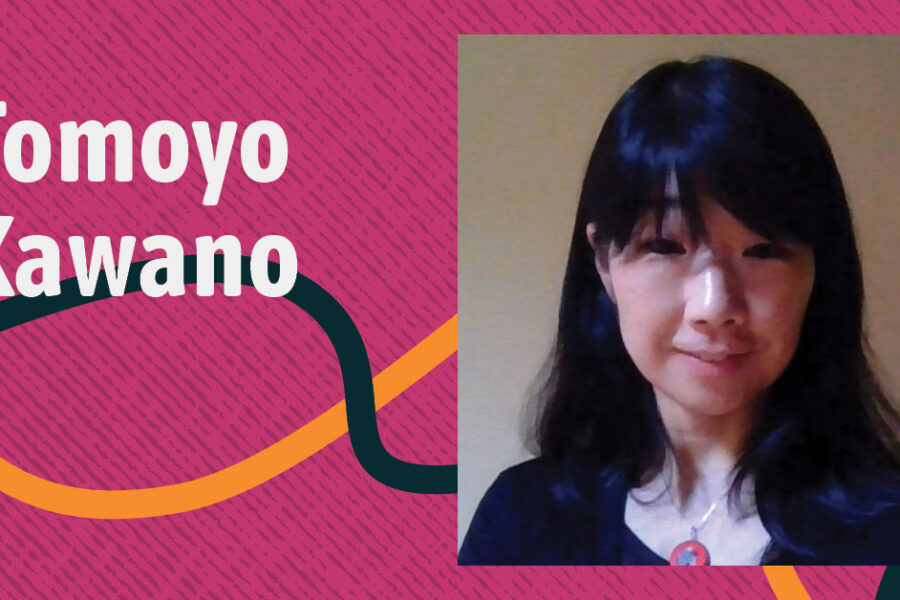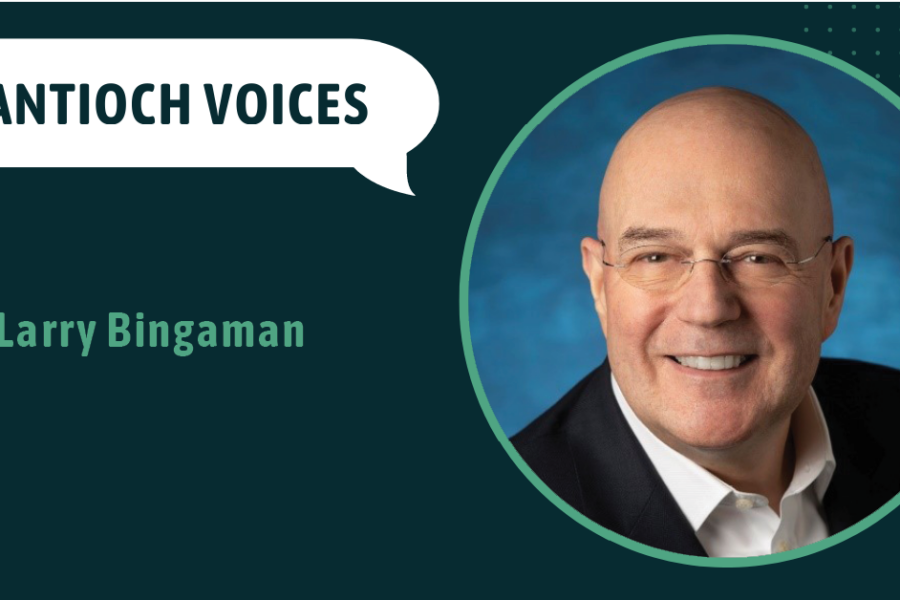When Black children encounter racism in American schools, how can their parents advocate for them? This is a question that is both academic and personal for Mark McMillian. He first encountered racism himself as a Black child in Ohio schools that systemically discriminated against their students on the basis of race, which caused him to struggle academically. But now, decades later, he has overcome those academic struggles and completed a dissertation studying this very subject.
McMillian, who recently graduated with Antioch’s PhD in Leadership and Change, titled his dissertation, “Black Parent Advocacy and Educational Success: Lessons Learned on the Use of Voice and Engagement.” For this project, he interviewed fifteen participants, all parents of Black children who went on to post-secondary education. By focusing on the stories of parents who successfully overcame significant barriers, he learned how parents “developed and used their voice to advocate for their children in a predominantly White educational system with a history of racially disparate outcomes.” This led not only to suggestions for systemic reforms but also to specific actions that other parents can use now to support their children.
For a recent interview, McMillian sat in his office in Cleveland, Ohio, surrounded by books and family photos, and remembered how his own mother advocated for him. Beyond writing about participants’ stories in his dissertation, he explains, “I shared my own personal story.” And these other voices helped him gain a deeper understanding of his own story—and the pivotal role played by his mother. As he says, “Their stories were perhaps indications of the things that I did not know my mother did.”
A Mother’s Protection and Encouragement
For McMillian, part of excavating these stories was grappling with his own family’s history of facing discrimination. One particularly vivid example is the interruption in his mother’s education. She was studying at Morris Brown College in Atlanta when her family moved to Cleveland, fleeing the violence and oppression of the Jim Crow South. She had to withdraw from college and was never able to return and finish her degree.
In Cleveland, she raised her three children, eventually as a single mother. To make ends meet, she cleaned the house of a wealthy family and took in their laundry on the weekends. McMillian remembers how hard she worked. “I don’t know where she got all that energy,” he says. Eventually, she became a social worker, but she had to work extra hard, often harder than her colleagues. “Every step of the way, they required her to be tested,” says McMillian. “Other folks got promoted, but she had to be tested. And she was remarkable.” She also played piano for the church, did the cooking at home, and found time to read to her son.
It was with regard to her son’s school that McMillian’s mother did some of her most amazing parenting. “I was a big child,” he explains. “The teachers said I was slow. Unable to be educated.” He was being cast into racist stereotypes about Black children. His mother would have none of it. “My mother—a Black woman in the early 1960s—said, ‘There’s nothing wrong with my son.’” Her devotion to keeping him out of a discriminatory school system eventually led her to pull him out of school entirely for a whole year. “There was no such thing as homeschooling back then,” says McMillain, “But she homeschooled me.”
At the end of the year, his mother was able to move him and his siblings to a suburban community in a different school district. He re-entered school. Suddenly, everything improved. “She advocated for me, and I didn’t know what she said,” says McMillian. “She didn’t come back home and say ‘I talked to your teacher either. She just talked to me about what I should do in school.”
McMillian began to thrive in school. He liked school so much that he not only went to college, he has pursued multiple graduate degrees. Today he holds two master’s degrees from Cleveland State (one in education, the other in public administration), has attended Harvard University’s Kennedy School of Government as a Senior Executive in State and Local Government, and now holds both a master’s and a PhD in Leadership and Change from Antioch University.
“My mother has passed away now,” says McMillian. “I wish she could have heard this.”
Lessons in Advocacy Learned at Antioch

McMillian’s dissertation, “Black Parent Advocacy and Educational Success,” draws not only on these memories of his mother but also on extensive interviews with fifteen other parents of Black children whose children successfully graduated high school and went on to college. Conducting these interviews was fascinating and revelatory.
“The hardest part was to not interrupt with questions or comments,” says McMillian. “They had to tell their story, and I had to listen to them.” At points, he found it challenging to separate his own story from the participants. In a way, McMillian was interviewing refractions of his mother. That’s why, he says, “I learned early on that I should space the interviews further apart. Because after the interview, I needed some time.”
Much of the inquiry was narrative, as McMillian looked at the entire stories of the participants. From this approach, he was able to draw out some common ideas and experiences. These, in some ways, are best practices for parents facing racism inside these systems and trying to advocate for their children.
“Showing up is very important,” he says. “It is absence from the situation that does not help.” Simply being involved and paying attention goes a long way.
This insight led him to the idea of “voice”: having a regular presence in the institution, where teachers and staff are listening to you. “If you want to change a relationship and get to know someone,” he says, “you have to be willing to listen and share.”
An example is PTA meetings, which McMillian noticed that the participants in the study all attended. They used this forum to build relationships with school staff. He asked where they learned to do this and discovered, as he says, that “many of them worked in situations where they were not valued.” While they had to accept this for themselves, they found that they couldn’t accept it for their children. They said, “This is my child, and I want a different life. I don’t want them to have the experiences I’ve had.”
Another takeaway was that most of the participants recalled role models in their own lives who taught them some of the skills they had used to survive and thrive, such as how to build a voice through relationships, how to combat racism, and how to resist institutional apathy. This suggests that actions taken today to support and mentor young people will keep paying dividends for years and decades to come.
Making a Difference
McMillian is proud to have earned his PhD at Antioch University. Years ago, he first heard about Antioch when someone mentioned that there was a university started by Horace Mann, a well-known abolitionist, and social reformer. “I thought, maybe one day I’ll get a master’s degree or certificate from this school,” says McMillian. “I had no idea that I would earn a PhD.”
Through his studies at Antioch, McMillian worked to discover how he was able to persevere and become who he is. It was a process that didn’t always seem straightforward, but that was transformative. “We don’t know that we are being changed, that we are developing leadership skills and abilities,” he says. “We just think that we’re having some experience, but it is so powerful. And the good news is it can happen with anybody.”
Today, McMillian works as an organizational consultant and trainer for several clients. In all of this, he pursues the same questions of how to elevate those with undeveloped voices. As he says, “I believe people have natural abilities and that they can be accessed. This is what I do with training.”
He hopes to continue making a difference through the work he does today. And in a larger sense, he loves exposing the human threads that bind people together and giving people a voice so that community and justice can be born. As he says, “It seems like the natural course of living.”





